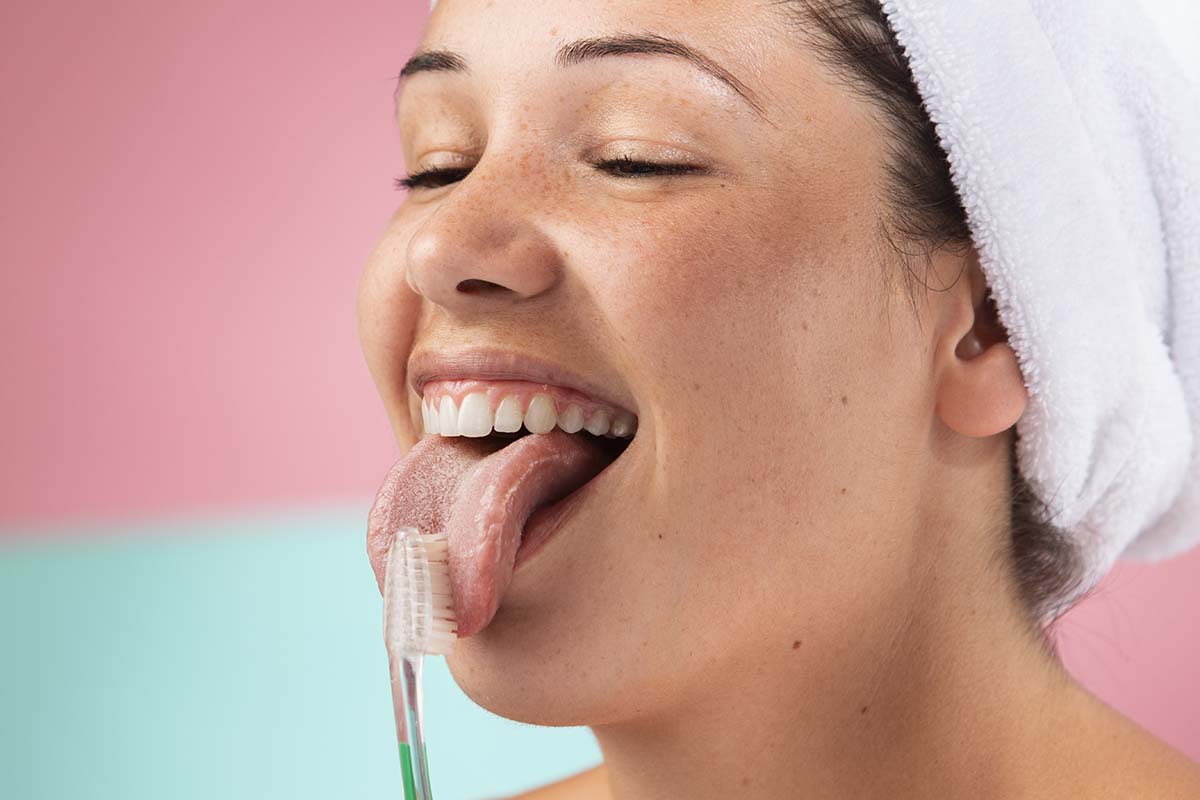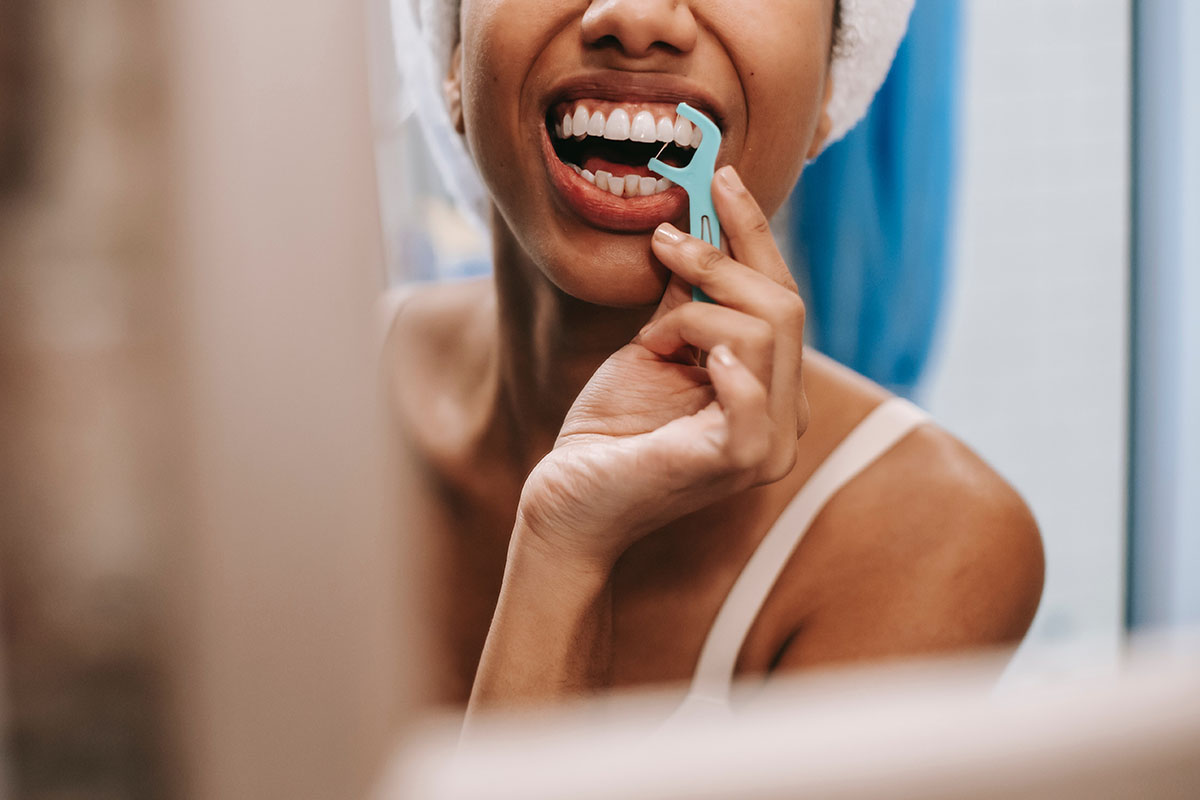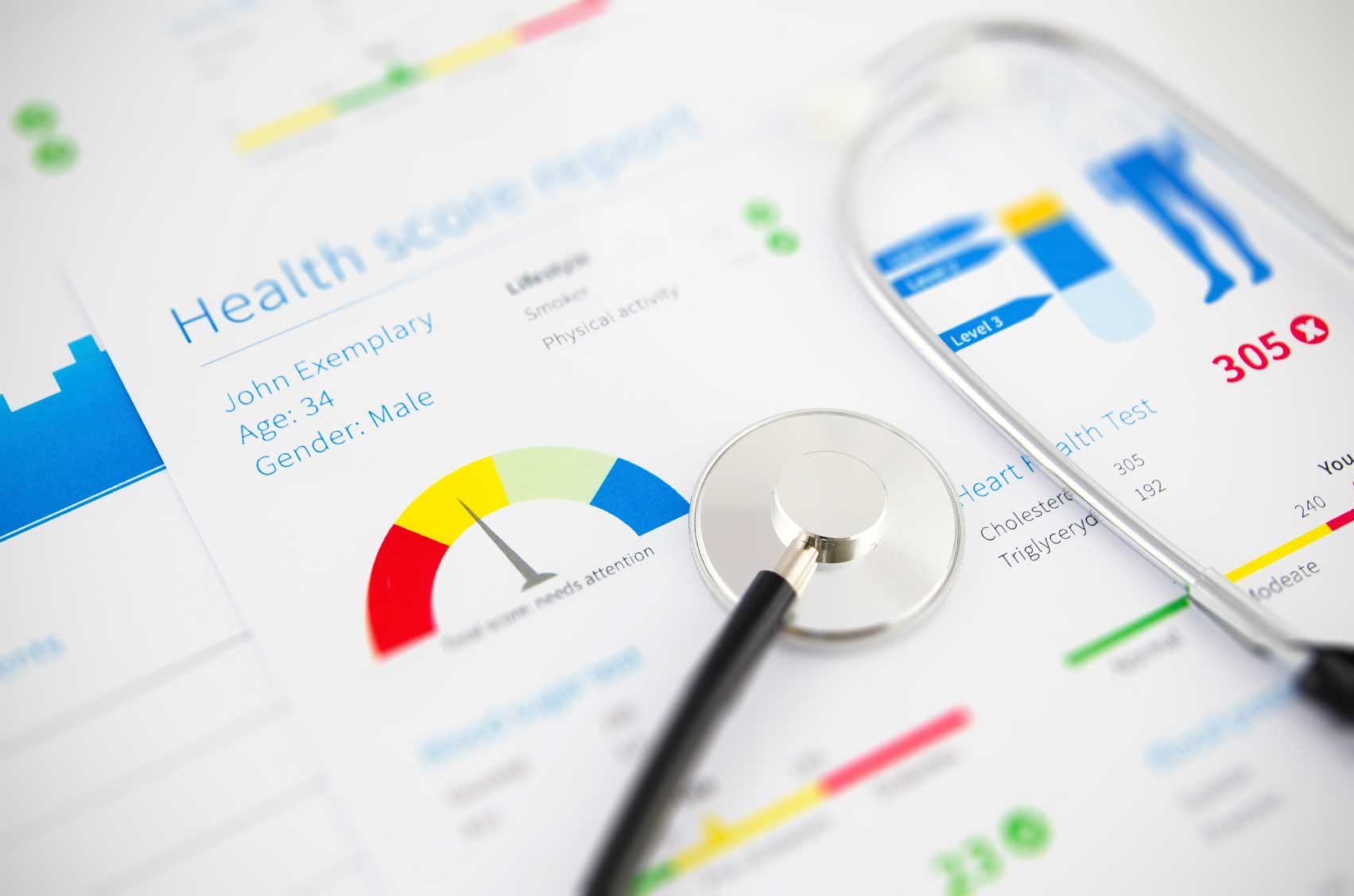Keeping up with your oral health is a life-long commitment, but your overall wellness depends on it! Preventative care is vital for the longevity of your gums and teeth, and plenty of tips can help you keep up with your oral hygiene, so let’s get into it!
Brushing Up on Our Oral Health Habits: Brush Twice Daily
The first and probably most obvious tip is regularly brushing your teeth. Brushing in the morning and evening before bed is recommended to remove any bacteria and plaque buildup that collects overnight and throughout the day. Selecting the right toothbrush for you and brushing correctly are important steps in this process.
- A toothbrush with soft bristles is recommended, as they are abrasive enough to clean the teeth but gentle enough to use around the gum line.
- While brushing your teeth seems fairly straightforward, many people do not know how to brush properly. Take your time and move the toothbrush gently in a circular motion around each tooth throughout the mouth;
- On average, you should swap out your toothbrush every three months to keep the bristles in shape;
- If possible, opt for an electric toothbrush that moves in a circular motion and guides toothpaste into those hard-to-reach crevices. They are also gentler on your gums.
Don’t Forget to Floss
Treat your flossing routine with as much importance as brushing. Even the best toothbrush on the market can only reach so far, so The American Dental Association recommends flossing at least once a day to remove food particles and plaque from those hard-to-reach spaces. It is also important for gum health by stimulating the gum line, reducing plaque, and preventing inflammation.
A common mistake people make while flossing is simply sliding the floss between their teeth once or twice before moving on to the next space. Wrap the floss snuggly around each side of each tooth in a C-shape and gently but firmly guide it up and down the edge of the tooth several times up into the gum line where most plaque hides. Continue this process throughout the rest of the mouth and rinse with water.
An observation from Fab Dental: Many patients ask about using floss picks. The shape does not allow you to perform a proper floss, but it may encourage more frequent use. Balancing traditional floss with picks in your routine may improve oral health.
Brush Your Tongue
Oral health doesn’t stop at the teeth, be sure to brush your tongue as well, removing any bacteria buildup that may collect. Gently brushing your tongue daily also prevents bad breath from developing and promotes overall oral hygiene.
Tongue scrapers are also a great way to remove harmful bacteria from your mouth and boost your immunity. Just be sure not to scrape too hard, you should only be applying light pressure to your tongue, whether using your toothbrush or a scraper.
Look for Toothpaste with Fluoride
Selecting a toothpaste that includes fluoride is an effective preventative measure against tooth decay. But what is Fluoride? Fluoride is a natural mineral found in your bones and teeth but can also be found in certain foods and water sources. Fluoride is highly beneficial to your chompers because it gets absorbed by your teeth’s enamel and strengthens any compromised spots acting as the leading defense for your teeth against acids and tooth decay.
Maintain a Healthy Diet
What you put into your body is crucial in maintaining oral health. Sugary and acidic foods and beverages wreak havoc on your teeth and the enamel protecting them. Sugars from candies and refined carbohydrates like white bread and potato chips convert into acids that erode your enamel and lead to cavities.
Carbonated sodas are one of the main culprits for tooth decay and discoloration. Sugary beverages dry out your mouth, making saliva production more difficult, which is vital in breaking down those acids.
When considering foods that benefit your oral health, consider foods recommended for your overall health and wellness. Whole grains, fresh crunchy vegetables and fruits, leafy greens, nuts, omega fatty acids, and lots of water throughout the day. Drinking a glass of water after every meal can help clear your mouth from any stray bits of food left behind and any acid buildup that may have collected during your meal.
Avoid Smoking and Other Oral Tobacco Products
Smoking and chewing tobacco are the leading cause of oral cancer and gum disease, so it is vital to not only your overall health but your oral health as well to try and avoid tobacco products at all costs.
Treat Your Dentures or Retainers as You Would Your Natural Teeth
Any removable dental appliance collects plaque and tartar while in use, so it is crucial to keep them clean between wear to avoid build-up, unpleasant odors, and bacteria that could potentially harm your teeth and gums.
If you wear a retainer, it is recommended to clean them once daily with cold water before placing them in your mouth. It would be best to soak retainers in a denture cleaner at least once every two weeks.
Partial and complete dentures accumulate stains and plaque just as natural teeth do. If they are not cared for and cleaned correctly, the biofilm that collects can contribute to oral health concerns like inflammation, root caries, periodontal disease, and even denture stomatitis. Dentures should be cleaned daily with a soft-bristled brush and nonabrasive dental cleaning solution.
Oral Health Habits: Schedule Regular Exams with Your Dentist
Keeping up with your daily oral health habits is a fantastic preventative measure. Still, even the most conscientious brushes and flossers should be visiting their dentist regularly for cleanings and X-rays. Not only do dentists perform deep cleanings to remove plaque and tartar, but they can spot any potential concerns before they get out of hand and offer solutions.
Prevention is considered to be the best medicine when it comes to your health, and the same goes for your oral care as well. The best oral hygiene routine is one that you can implement and practice consistently, and when in doubt, always consult with your dentist to ensure that your regime suits your personal needs and goals.




















